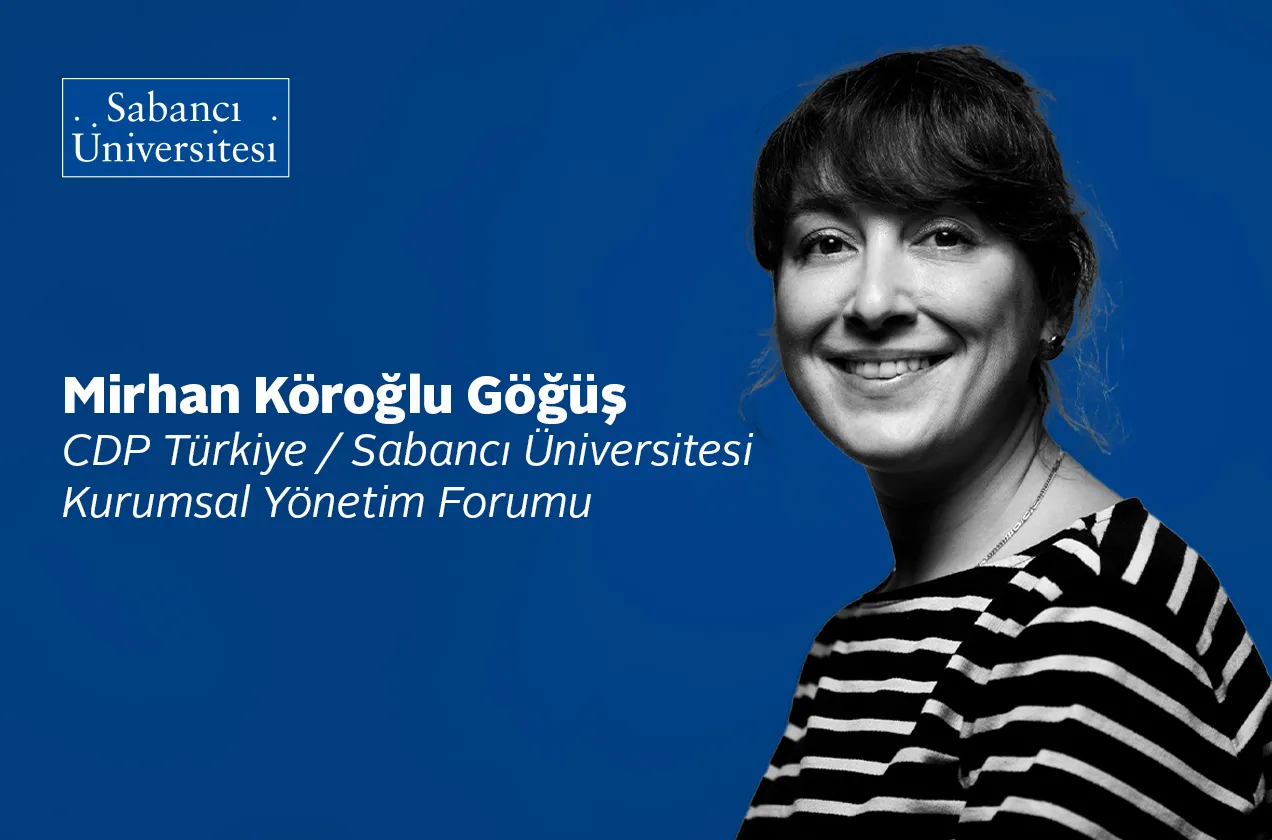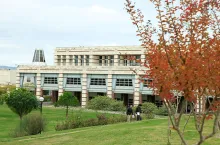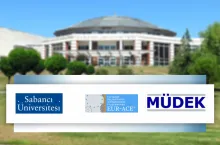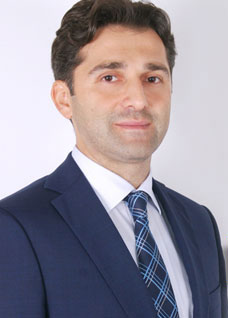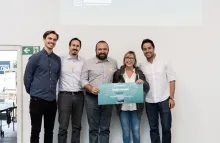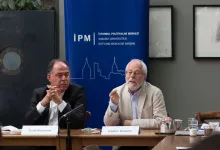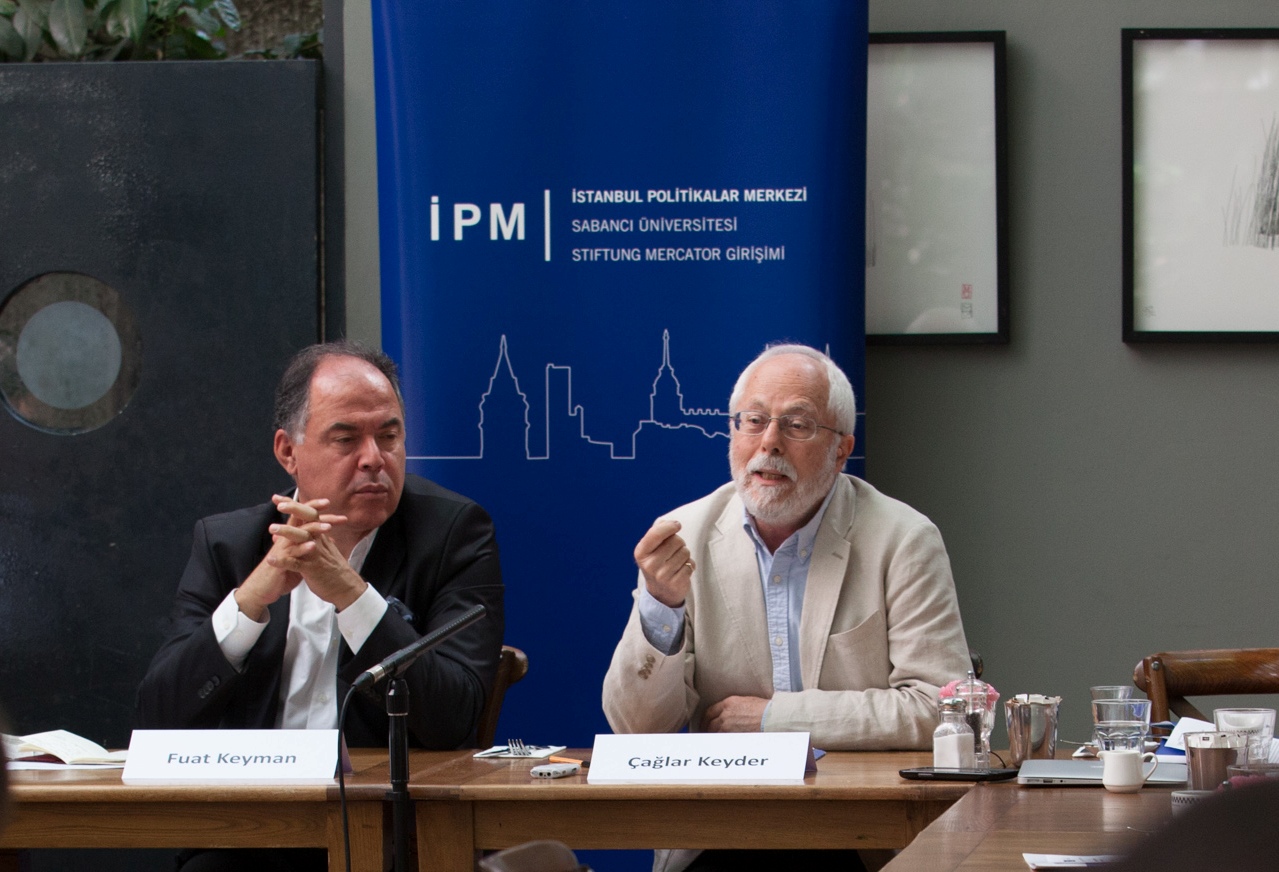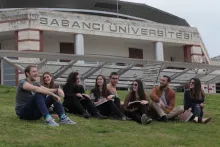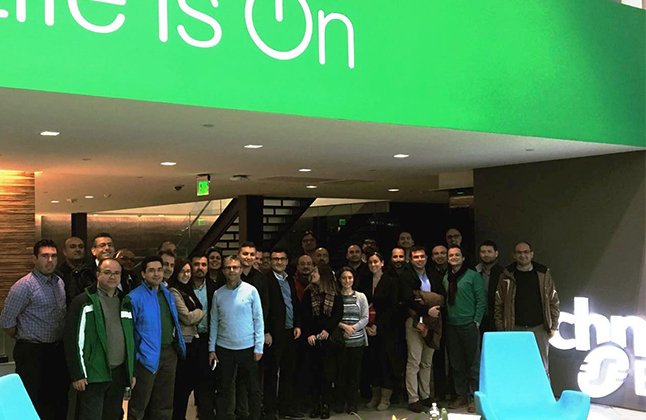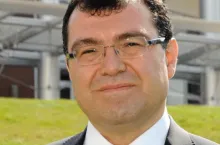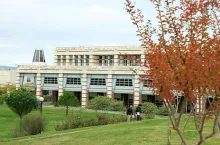10/08/2016
The billion-Euro FET Flagship Project completed its 30-month first phase and entered the Horizon 2020 phase. Sabancı University is the only Turkish partner in this groundbreaking scientific project.
The 30-month first stage of the Graphene Project, an EU 7th Framework Program project in ICT (Information and Communication Technologies) endorsed by the Commission of Europe as its first 10-year, 1 billion-Euro FET Flagship Project, was completed on March 31, 2016.




